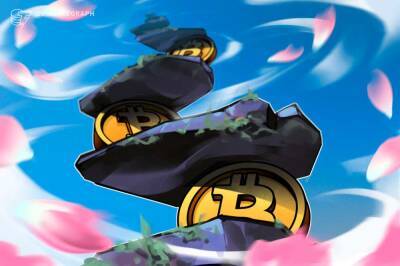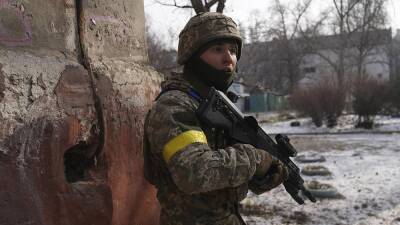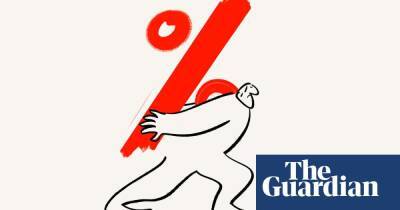Pulling the plug on Russian oil and gas won’t be a smooth ride for consumers
The only straightforward part of Shell’s announcement of its intention “to withdraw from its involvement in all Russian hydrocarbons” was the grovelling apology for buying a shipload of Russian oil in the rapid-delivery “spot” market last week.
And an apology from chief executive Ben van Beurden was obviously necessary: the company’s huge Rotterdam refinery may have been running low on supplies, but the obligation was to pay through the nose to secure alternative barrels from west Africa or somewhere. Shell will now cease spot purchases from Russia immediately. Good.
The rest of the carefully worded statement, however, was a reminder that Europe’s effort to wean itself off Russian oil and gas is an exercise in how much disruption European governments and consumers are prepared to bear, and how soon. Shell’s disentanglement plan came with two important qualifications. It will be conducted “in a phased manner” and will be “aligned with new government guidance”.
In other words, in the absence of formal EU sanctions, it’s up to European governments to tell Shell, and by implication, all oil majors how quickly to disentangle. The company’s timetable imagines “weeks” to remove Russian oil from the European system and “much longer” to withdraw petroleum products (meaning petrol, diesel, heating oil and so on) plus gas in both pipeline and liquefied form.
It’s vague on detail, but so is the EU’s own hugely ambitious plan to reduce Russian gas imports by two-thirds before the end of the year. Nothing concentrates minds like a crisis, but the EU is attempting to do in 10 months what would previously have been assumed to take a decade or more. Renewables will be accelerated “at lightning speed”; new sources of liquefied gas will be
Read more on theguardian.com



















